In our experience as Certified Financial Planners ® and Enrolled Agents (tax prep), we frequently walk with our clients through many of their joys and sorrows. The sorrows normally come when our friends are dealing with a death or serious illness, such as Alzheimer’s, stroke, etc. It seems lately like there have been a bit more sorrows than joys, and it leaves us with extremely strong opinions like the one voiced here. We tell everyone:
Please take care of your business!
What it comes down to is if people do not take care, and tie up potential loose ends, their loved ones are left not only with coping with grief and loss, which is expected, but often overwhelming complexities dealing with all of the other ‘stuff’’ like taxes and probate, and multiple claims, etc. If you have ever been through this process, you know what I am talking about.
We cannot do anything to help clarify or amend anything once a person is gone. What is done is done, and families are often stuck with the consequences, both in terms of time and effort and too often in terms of taxes that could have been minimized.
Here are the top 5 tips to take care of your business:
- Get a will– at minimum, do this at least, so that your heirs are not left with the state determining where your assets should go. Your will should name an Executor to implement your wishes.
- Execute Durable Power of Attorney documents- appointing someone who is trustworthy to act on your behalf in case you cannot act on your own. You will need both a Medical Power of Attorney and a Financial Power of Attorney. This is only good while you are still living- it ends at your death.
- Name beneficiaries on everything:
-
- Investment accounts of ALL types should have beneficiaries named
- Employer-based retirement accounts of ALL types, including employers like TRS, ERS, FERS, etc. Make sure your beneficiaries are up to date with your family.
- Trusts should have clearly identified beneficiaries and trustees, as well as the assets that are or will be included in that trust.
- All bank accounts: checking, savings, CDs, etc.- their named beneficiaries are called “Pay on Death.”
- Check the beneficiaries on your insurance policies
- You can even record a Transfer on Death Deed for your residence that will transfer the title with a simple death certificate. (in Texas and a few other states)
4. Keep a list somewhere safe that lists ALL of your accounts, assets, & contact persons, etc., and make sure that someone you trust knows where to find it and all of your important information.
5. Coordinate with your advisors: attorneys, CPAs or EAs, and Financial Advisors should all interact, and share relevant information with your permission. They will all help to make sure that all of your bases are covered, and help to determine an effective estate plan that minimizes taxes as much as possible. Why should your estate and heirs pay more in taxes than they have to?
These Top 5 tips apply to every adult, once you start working and accumulating assets. For those who have families and/or children, there are other considerations like potential guardians for minor children. NO ONE likes to think about these things or to deal with the idea of death. We never think it will happen to us, or to someone we love, who is not older with health issues. But we are ALL mortal, and death can and does happen suddenly at all ages. We do not say these things to be morbid, but because we have seen it happen and have helped people deal with absolute messes that were left after death.
One of the most loving steps we can all take is to take care of what will happen when our time on earth is done, and our loved ones are left to pick up the pieces. We need to make it as easy as possible for them. Don’t wait, don’t put it off, just get it done, because you never know when your time is up.



